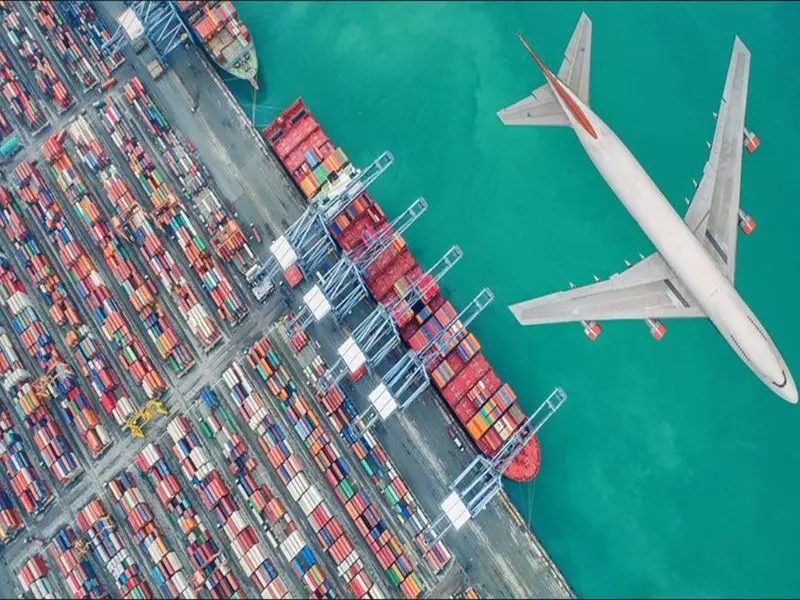
Indian exporters are facing substantial headwinds in the American market as former President Donald Trump's tariff policies continue to reverberate through international trade channels. Recent data reveals a concerning pattern of declining exports across numerous key sectors that form the backbone of India-US trade relations.
The Tariff Impact Across Industries
The protectionist measures implemented by the Trump administration have created significant barriers for Indian manufacturers and service providers. Multiple industry segments that previously enjoyed robust trade relationships with American partners are now reporting double-digit percentage declines in export volumes.
Manufactured goods, agricultural products, and specialty items that once flowed freely into US markets are now subject to additional financial burdens that make them less competitive against domestic American production and imports from other nations with more favorable trade agreements.
Sector-by-Sector Breakdown
The tariff-induced downturn has been particularly pronounced in several critical areas:
- Manufactured goods facing increased production costs
- Agricultural exports struggling with price competitiveness
- Specialty products encountering new market entry barriers
- Technology services experiencing reduced demand
Broader Economic Implications
This export contraction carries significant consequences for the Indian economy at large. The United States represents one of India's most important trading partners, and sustained declines in this relationship could affect employment, manufacturing output, and economic growth projections.
Industry analysts note that the timing of these trade challenges compounds existing economic pressures, including global supply chain disruptions and domestic recovery efforts following the pandemic period.
Looking Ahead: Trade Strategy Adjustments
Indian trade officials and export-oriented businesses are reportedly exploring multiple strategies to mitigate the tariff impact. These include diversifying export destinations, enhancing product competitiveness through innovation, and pursuing diplomatic channels to address trade barriers.
The situation underscores the interconnected nature of global trade and how policy changes in one major economy can create ripple effects across international markets. As trade relationships continue to evolve, Indian exporters remain cautiously optimistic about finding pathways to restore and potentially expand their US market presence despite current challenges.






